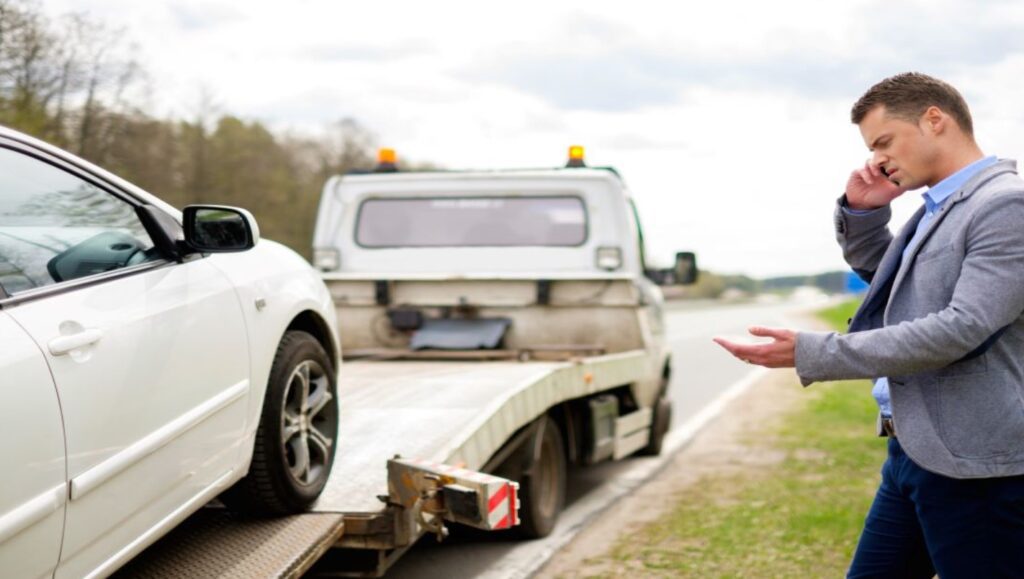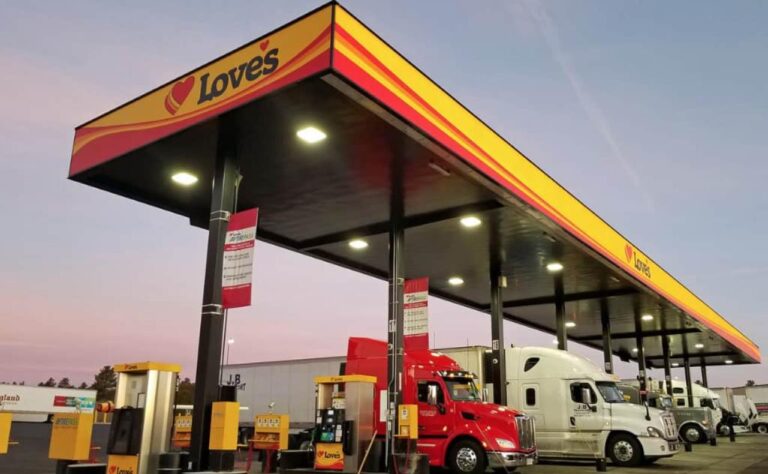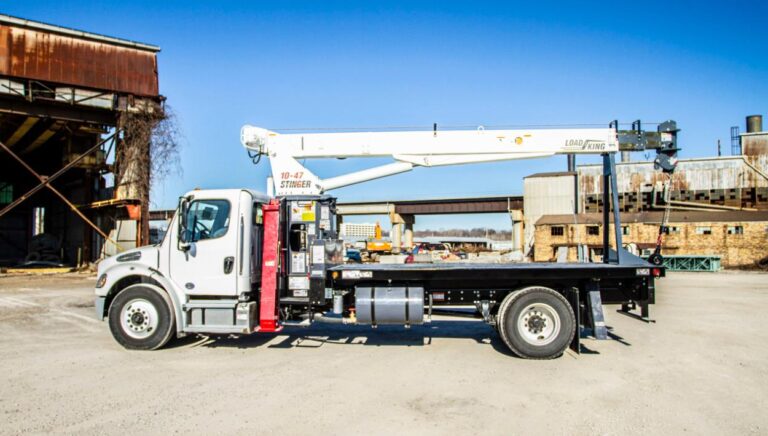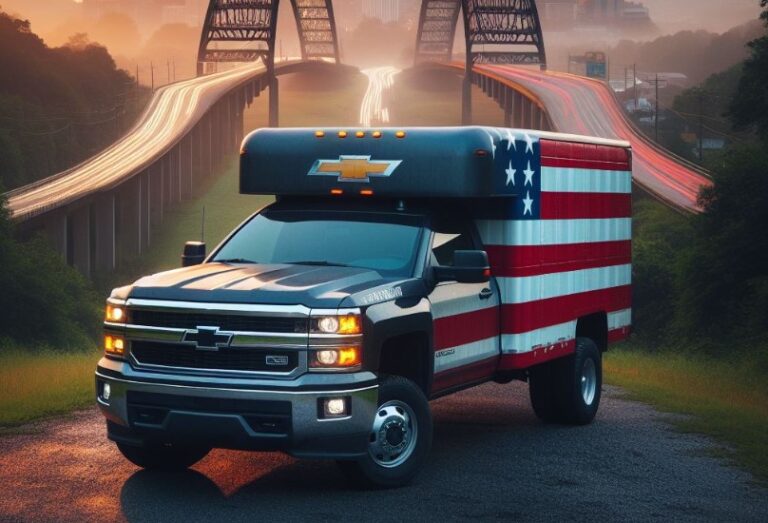How To Call A Tow Truck On Someone? A Complete Breakdown
The question How To Call A Tow Truck On Someone? often arises in situations where a vehicle is improperly parked or causing an obstruction. This process, while straightforward, requires understanding the legalities and appropriate steps to ensure you act responsibly. Knowing when and how to initiate this process is essential for maintaining order and safety on the roads.
Key Takeaways
- Understand the legal reasons for calling a tow truck.
- Know the steps to take before making the call.
- Be aware of local laws and regulations.
- Contact the right towing service.
- Document the situation for legal purposes.
How To Call A Tow Truck On Someone?
To call a tow truck on someone, follow these steps:
- Verify the Reason: Ensure the vehicle is parked illegally or poses a hazard, based on local laws and regulations.
- Document the Situation: Take photos of the vehicle, its location, and any relevant signs or markings.
- Choose a Reputable Tow Company: Select a licensed towing service familiar with local towing regulations.
- Provide Detailed Information: When calling, give the towing company the vehicle’s location, description, and reason for towing.
- Follow Legal Protocols: Ensure all actions comply with local laws, including any necessary notifications to authorities or the vehicle owner.

Understanding the Legal Grounds for Towing
Before calling a tow truck, it’s vital to understand the legal grounds. Illegally parked vehicles, vehicles blocking a driveway, or abandoned vehicles often justify towing. However, each situation may have specific legal requirements. Always check local laws to ensure you’re within your rights to call a tow truck.
Identifying a Legitimate Reason for Towing
A legitimate reason for towing includes situations like blocking emergency access, parking in a no-parking zone, or leaving a vehicle unattended in a hazardous location. Ensure the reason for towing aligns with local traffic laws to avoid legal repercussions.
Familiarizing Yourself with Local Towing Laws
Each area has unique laws governing towing. Some regions require a warning notice, while others have specific criteria for what constitutes an illegal parking scenario. Researching your local laws is crucial to legally justify the towing.
How to Prepare for Calling a Tow Truck?
Preparing to call a tow truck involves several key steps. Ensure the vehicle meets the criteria for towing, document the situation, and choose a reputable towing service.
Documenting the Situation
Before making the call, document the situation. Take photos of the vehicle, noting its location, the time, and any relevant signage or markings. This documentation can be crucial if the vehicle’s owner disputes the tow.
Choosing the Right Towing Service
Select a reputable towing service familiar with local laws and regulations. Look for services with good reviews and a history of professionalism to ensure a smooth towing process.
Steps to Take When Calling a Tow Truck
When you’re ready to call, provide the towing service with detailed information. Share the vehicle’s location, description, and the reason for towing. Be clear and concise to avoid any misunderstandings.

Providing Accurate Information to the Towing Company
Accuracy is key when providing information to the towing company. Miscommunication can lead to delays or legal issues. Ensure all details are accurate and thorough.
Understanding the Towing Process
Be aware of what happens after you call. The towing company will likely ask for your contact information and may require you to sign a form. Knowing the process helps manage expectations and responsibilities.
Legal Considerations After Towing
After the vehicle is towed, certain legal considerations come into play. The vehicle owner has rights, and the towing must be justified.
The Vehicle Owner’s Rights
Understand that the vehicle owner has rights regarding retrieving their vehicle. They must be informed of the tow, the location of their vehicle, and any fees involved.
Handling Disputes and Legal Challenges
If the vehicle owner disputes the tow, be prepared with your documentation and understanding of local laws. It’s important to handle disputes professionally and legally.
When Should You Call For A Tow Truck?
Calling a tow truck is appropriate in several situations, primarily when a vehicle is parked illegally or poses a safety hazard. This includes scenarios where a car is blocking a driveway, fire hydrant, or handicapped parking space.

Additionally, if a vehicle appears abandoned or has been parked for an unusually long time in a time-restricted area, towing may be warranted. It’s essential to understand local laws and regulations, as they differ by region and can affect when it’s legally permissible to tow a vehicle.
What To Consider Before Calling For A Tow Truck
Before calling a tow truck, consider the following:
- Legality: Verify that the vehicle is indeed parked illegally based on local laws.
- Documentation: Take photos of the vehicle, its location, and any relevant signs or road markings.
- Warnings: Some jurisdictions require a warning to be issued before towing.
- Tow Company Credentials: Choose a licensed and reputable tow company familiar with local laws.
- Potential Consequences: Be aware of possible disputes or repercussions.
What Happens When You Call A Tow Truck On Someone?
When you call a tow truck on someone, the following process typically unfolds:

- Information Verification: The towing company will verify the information provided, including the location and reason for the towing.
- Towing Execution: If the towing is justified, the tow truck will remove the vehicle to a designated impound lot.
- Notification: Local laws may require the vehicle owner to be notified of the tow.
- Fees and Retrieval: The owner must pay any applicable fees to retrieve their vehicle.
- Disputes: The vehicle owner can contest the tow, which may involve legal proceedings.
Can I Call A Tow Truck If Someone Is Blocking Me In?
Yes, you can call a tow truck if someone is blocking you in. This is generally considered a valid reason for towing, especially if it impedes your ability to use your property or navigate public roads.
However, it’s important to document the situation and, if possible, attempt to locate the vehicle’s owner before proceeding. Additionally, checking local laws and ordinances is crucial, as they provide specific guidelines on how to handle such situations.
Conclusion
To conclude, How to call a tow truck on someone requires a balanced approach of legal understanding, preparation, and communication. By following these guidelines, you can ensure the process is handled efficiently and legally. Remember, the key is to act responsibly, respecting both the laws and the rights of the vehicle owner.
People Also Ask
Are there alternatives to towing a vehicle?
Yes, sometimes alternatives like issuing a warning notice or contacting the vehicle owner (if their contact information is available) can resolve the situation without towing. Consider these options, especially in less severe cases.
What should I do if I receive threats from the vehicle owner?
If you face threats or aggressive behavior, contact the police immediately. Ensure your safety first and avoid confrontations.
How much does it typically cost to call a tow truck on someone?
The cost can vary depending on the towing company and the location. In some cases, the vehicle owner is responsible for the towing charges. It’s best to inquire about the costs beforehand.
Can I get in legal trouble for calling a tow truck on someone?
The cost can vary depending on the towing company and the location. In some cases, the vehicle owner is responsible for the towing charges. It’s best to inquire about the costs beforehand.

Welcome to the exhilarating world of Matt Rex, a professional car racer turned renowned vehicle enthusiast. Immerse yourself in his captivating blog as he shares heart-pounding adventures, expert reviews, and valuable insights on cars, trucks, jets, and more. Fuel your passion for speed and discover the beauty of vehicles through Matt’s engaging stories and meticulous expertise. Join the ever-growing community of enthusiasts who find inspiration and expert advice in Matt Rex’s blog—a digital hub where the thrill of speed meets the pursuit of knowledge.







